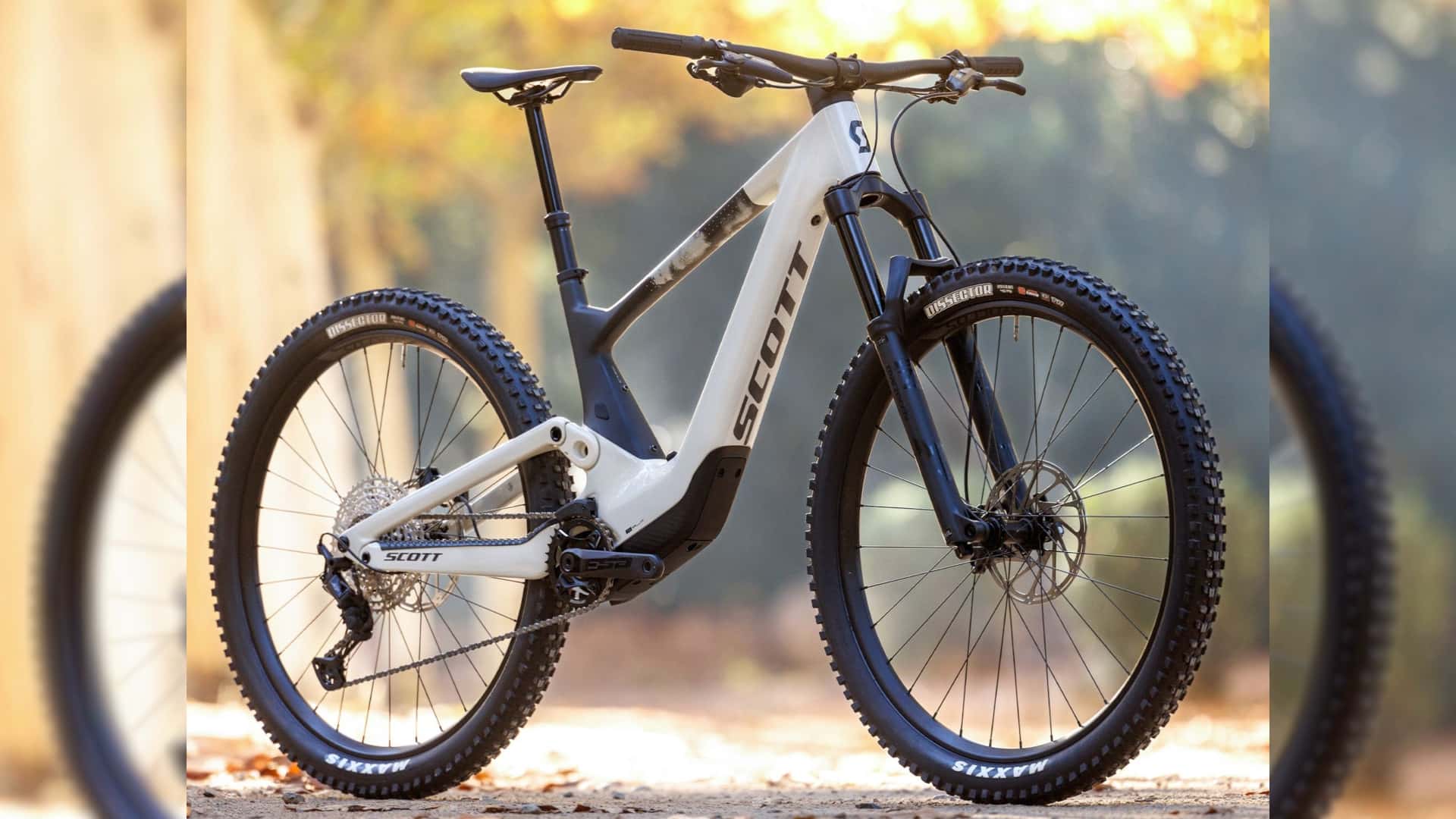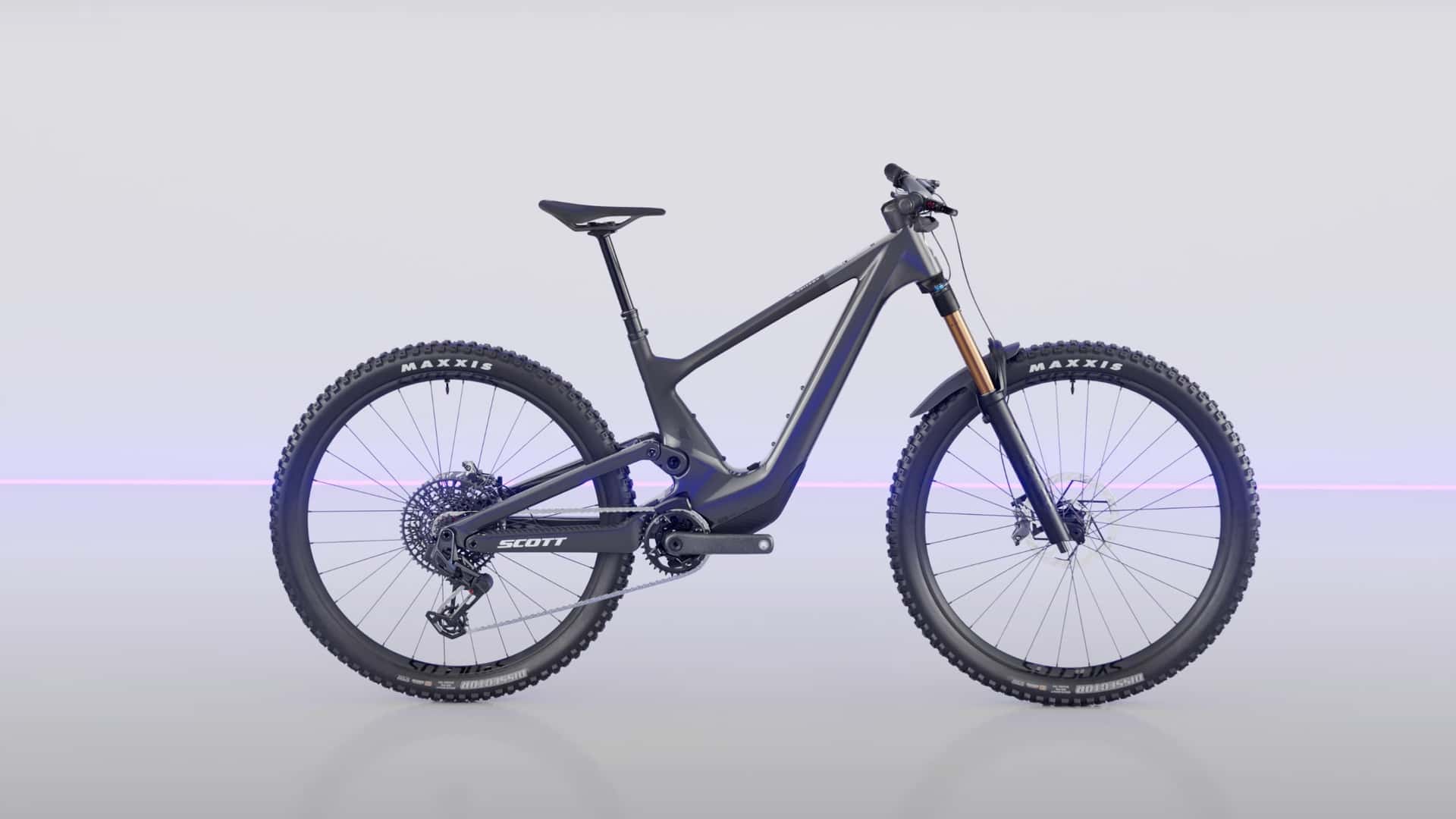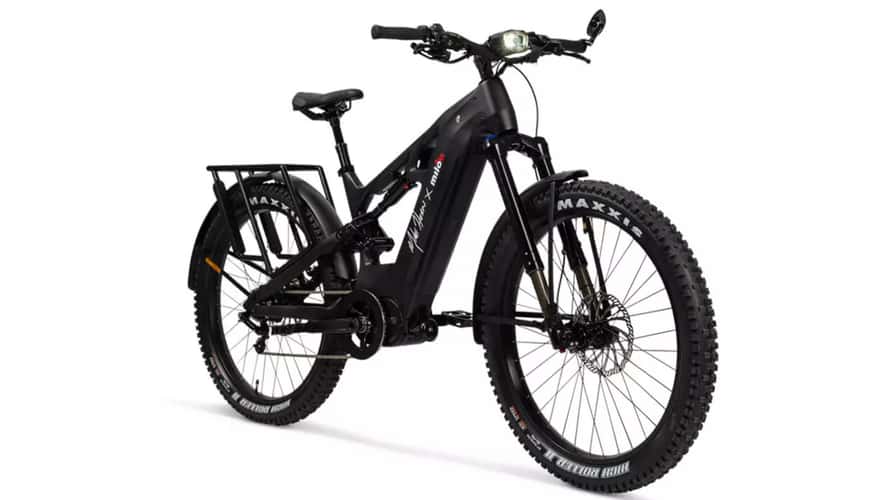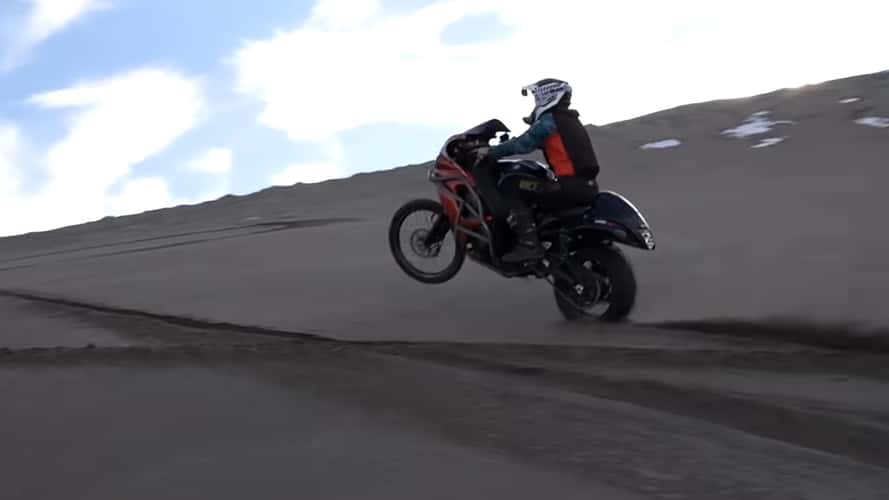Article Reworded
As someone who has been a mountain biker for life, there are days when I just want to go for a quick ride without exerting too much effort. That's when I turn to my e-bike. While some may consider this sacrilegious, today's e-MTBs are quite fascinating. Unlike urban and cargo e-bikes, power is not the main focus.
When tackling technical trails with rocks, ruts, and tight switchbacks, two things are crucial: a lightweight frame and consistent power. Humans have precise control over their legs, allowing skilled mountain bikers to navigate technical terrain with ease. However, adding an electric motor without proper tuning can lead to uncontrollable power and loss of traction.
This is where innovative technology comes into play, particularly in the Scott Voltage eRide. Powered by the German-made TQ-HPR50 motor, it delivers 50Nm of torque, which is less than other e-bike systems on the market. However, it compensates for this with the integration of a Force Sensor, which adjusts power output to each pedal stroke based on input variables like crank speed and acceleration.
Furthermore, riders can fine-tune motor performance through a dedicated smartphone app. The Scott Voltage eRide also boasts suspension hardware from Fox, with a Fox Nude 6T fork at the front and a carbon fiber frame with an integrated 360-watt-hour battery.
With a price tag of 10,999 euros or about $11,900 USD, the Scott Voltage eRide is a premium electric bicycle designed for trail riding. The cycling industry has seen a rise in high-end e-bikes catering to tech-savvy enthusiasts, with manufacturers like Shimano exploring artificial intelligence in bike design.
As technology continues to evolve in the cycling world, the debate over how much tech is too much remains. What are your thoughts on this? Share in the comments below.



